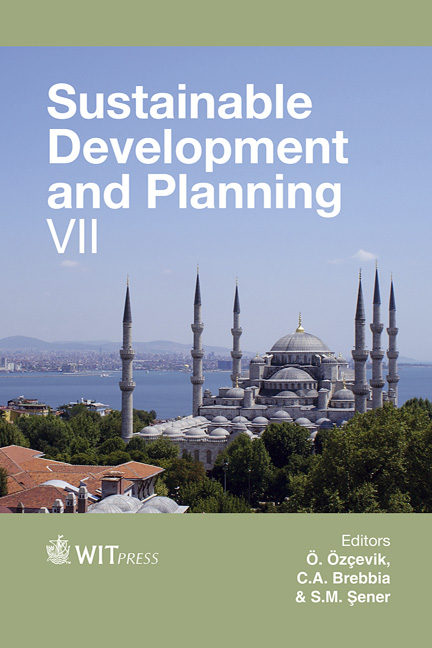Spanish Mediterranean Huertas: Theory And Reality In The Planning And Management Of Peri-urban Agriculture And Cultural Landscapes
Price
Free (open access)
Transaction
Volume
193
Pages
11
Page Range
585 - 595
Published
2015
Size
281 kb
Paper DOI
10.2495/SDP150501
Copyright
WIT Press
Author(s)
J. Romero, C. Melo
Abstract
Huertas are distinctive peri-urban agricultural landscapes. Only a few of these spaces remain in Europe. This paper focuses on two of them: the Spanish Mediterranean Huertas of Valencia and Murcia. Despite their cultural, historical and natural value, Huertas face an uncertain future. They are threatened by several confluent processes: a decrease of cultivated land, pollution, infrastructure plans, urban sprawl, profitability loss, low guarantee of generational renewal and abandonment of material heritage. These changes can be explained, as we argue, by analyzing the failure of political planning and management at the metropolitan level. We claim that the conservation of Huertas demands territorial planning at the appropriate scale and a new culture of water, territory and landscape. For traditional Huertas to be kept alive and have a multifunctional character, farmers should be the stewards of such privileged areas. But, in some cases, they will be expected to perform a social role different from the traditional food production activities. A cultural shift is required to conceive the territory not only as a resource and physical support of human activities, but also as an identity frame of reference, collective heritage, culture, history and legacy.
Keywords
Mediterranean Huertas, peri-urban agriculture, cultural landscapes, irrigation systems, Valencia, Murcia





